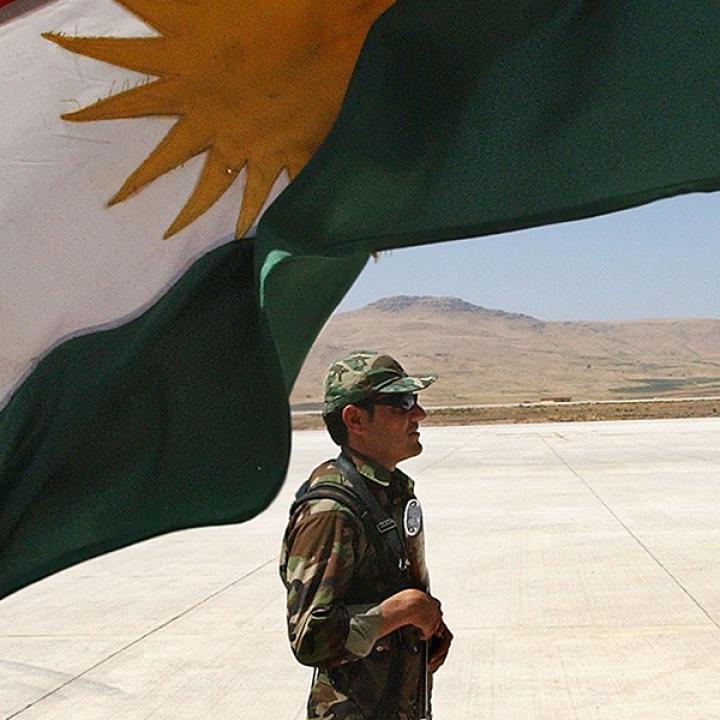
- Policy Analysis
- Fikra Forum
Politicians Dimming the Light of Youth

August 9, 2017
To wish for change is very hard in a culture that fears transformation. For almost three decades Iraqi Kurdistan has seen the same government, the same faces, and the same ideas, with only the slightest changes in leadership or policies. Who is accountable for the crisis in the region today? Whatever the answer, the current state of affairs excoriates the Kurdish politicians. The Kurdistan Regional Government (KRG) has not been able to build a trusted institution for society to follow and believe in. Growing estrangement between Kurdish youth and political parties due to failed policies, discouraging leaders, and the absence of considering young people in the political agenda has had a huge impact on this younger generation. Kurdish politicians are caught in a quintessential self-interest war. With this in mind, youth hold back and lose trust in the government and those who rule.
Each and every political party has an agenda that differs, but they all meet at one goal, which is achieving the dream of an independent Kurdistan. A new party and a strong leader are necessary to achieve this dream. The issue that sums up the tensions and misguided approaches throughout history is how the party would benefit. As a result, the community’s needs, responsibilities, and youth involvement are at stake. The current government is not different from the last two to three decades in terms of figures, strategies, and agendas, and needs a major, complete reform. Since 1992, little has improved.
It is heartbreaking to see so many qualified youth who have desires to join politics in the region being neglected. The absence of youth entering political parties and refusing to vote goes back to the government’s ill-advised strategies.
Kurdish youth face a number of barriers when trying to get involved in politics in the first place, which reflects the socio-political reality and the need to address projects to youths’ needs and involvement in the political agenda. For example, Soran Haqi, 29 years old from Sulaimaniah stated, “I visited one of the political parties eight times just to work for them voluntarily because I have a great interest in politics, but they never opened the door for me. I decided to never watch the news, talk politics, or even vote.”
Part of building contemporary policies goes back to involving youth in the government, by hearing their ideas and giving them the floor to explore their beliefs and pinpoint the failures that the parties are not able to identify. A 33 years old woman from Erbil explored her journey as follows: “I worked for eleven months for one of the political parties in Kurdistan. I decided to quit because all I was allowed to do was translation, while I was hired as an analyst. With a qualification of five years of work in the United States and knowing four languages – Kurdish, Arabic, English, and Turkish – they did not use my skills because they saw me as too young to share ideas and handle the hassle and dirty competition they had amongst one other.”
In most developed countries, political parties give a great deal of focus to younger groups when it is campaign time. They use their energy for volunteering and political movements. However, in the Middle East, generally the youth are the last to be thought of. “I have never voted for any party because I cannot trust any of them,” Banu Yasisn, 32 years old from Kirkuk expressed during the opinion survey.
Where are the Kurdish politicians heading with their perpetual tensions? If it remains, the same broken ideologies will be planted within the next rulers. They will be fighting over the same interests, while neglecting society, the youth, and morals as their predecessors were never better examples.
The absence of action and accountability from the younger generation is pixie-dust for the politicians, as nothing is at stake for their omissions. The inclination of awakening youth and their fresh visions in the political involvement shows a little bandwidth, in which requires major modifications in the system. The involvement of youth must involve civic engagement so they can observe needs and determine deficiencies within the political agenda.


